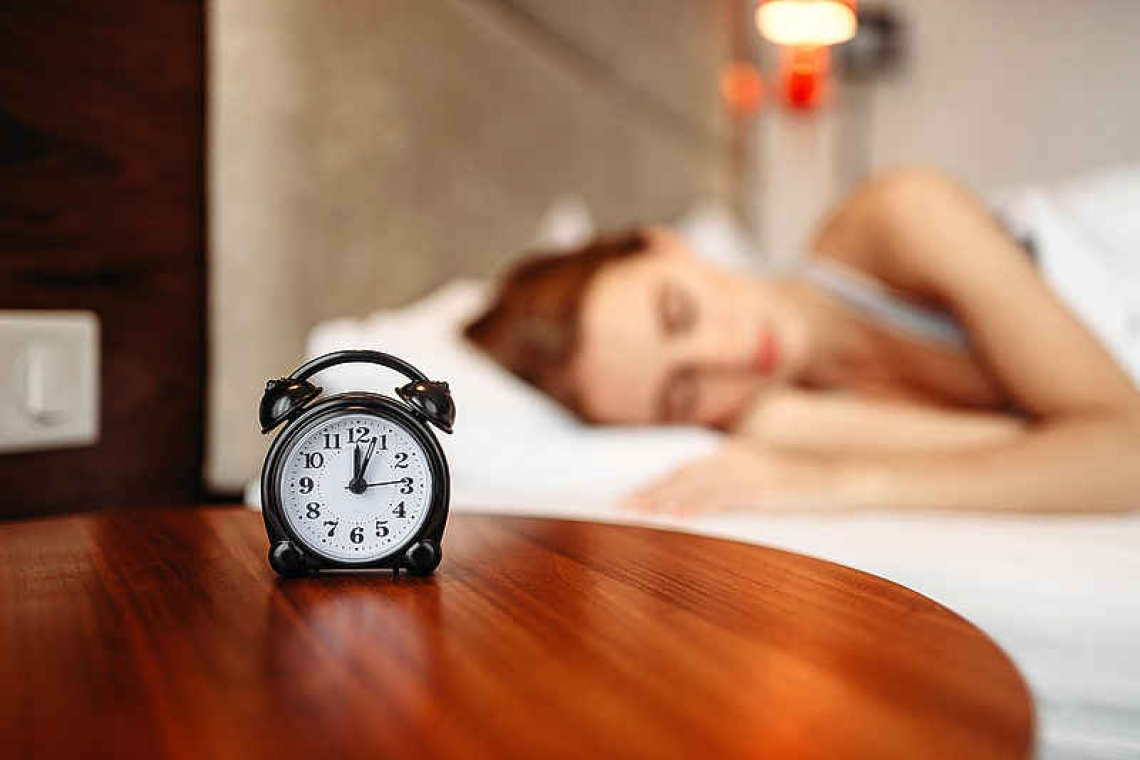By Dr. Colin Michie FRCPCH
Our brains make up less than 2% of our weight, but consume about 20% of our calories – they are busy organs! Yet we spend about a third of our lives asleep – not making love, creating music, finding food, working out, getting rich or even thinking! And not just us – birds, bees, flies and fish do this too. Sleep is important to brains...
Sleep is a complex business, hard wired into normal brain and physical performance. Part of our core, it is much more than an opportunity to “crash out”. We need our sleep to maintain healthy nerve cells, memory functions and immune systems. During sleep, we become unresponsive, breathe more quietly and regularly; our heart, gut and kidneys slow down. Sleep works as a “rinse cycle” for the brain. During sleep, drainage of fluid from around brain cells in specialised glymphatics increases, removing metabolic wastes. Sleep re-sculpts the nerve connections – synapses – and restores energy supplies to nerve cells. Sleep may differ in those ages two years old and adolescents, but there is extensive revision of their brain synapses at these ages, so perhaps this drives their different sleep needs.
Our internal rhythms, controlled by circadian clocks, are directed by daylight. Distinct brain regions control alertness and sleepiness; they use distinctive patterns of neurotransmitters and drive different electrical brain waves and regulatory activities. Sleep is woven into our immune defences, stress functions, dopamine levels and metabolism. These ancient neurological roots and networks are damaged by disordered or insufficient sleep, sometimes resulting in illness. Those suffering with depression, anxiety, dementias or Parkinson’s disease all describe sleeping challenges as a first sign of illness.
Long-term follow-up shows that those who sleep for five hours or less have greater risks of dementia in later years. Frightening! Insomnia can cause a rise in blood pressure too. Hypertension places increasing workload on the heart, brain and lungs. Ideally we require six-eight hours, preferably less than 10 hours of sleep each night. Each of us differs and for short periods, we can work to different metronomes, but giving our brain six-eight hours’ sleep promotes our health. Healthy sleep is one of “Life’s Essential 8” (American Heart Association) to protect our cardiovascular health.
Sleep can be seen as a superpower – it gives us chances to dream! Dreaming – that strange, rich, hallucinogenic, transporting process – happens in cycles, often with rapid eye movements, through the night. Dreaming involves revision of the day’s experiences, including subconscious ones, helping us to adapt to future challenges. Dreaming gives us capacities to cope, to create. Even short periods of sleep deprivation (particularly by waking early) can damage these adaptive skills, reducing our ability to concentrate, communicate, control emotions and make decisions. Some car hire companies demand six hours sleep a night to reduce daytime micro-sleeps and the risks of losing control at the wheel, with its potential catastrophes.
Sleep can be improved from early childhood by developing habits – “sleep hygiene”. A practical start is engaging in physical activity during the day – this promotes sleep. Next, consider creating a sleeping space that is dark, quiet and cool. Blindfolds and earplugs can help. Try to sleep at the same time each day; design a “wind-down” period during which you do not use device screens and are phone-free. Avoiding light, busyness and techno-stresses ensures higher melatonin levels: this hormone is released within the brain and promotes rhythmic sleepiness. Circadian rhythms, arousal systems and melatonin production are challenged by light, including all the addictive distractions of the internet! These recommendations require discipline, focus and self-control; they are not primitive, but progressive! Overwhelming evidence finds that devices compromise sleep, whether for gaming, videos, social media or even entertaining cartoons. Do you really need your phone at night?!
Avoiding stimulants is wise. Caffeine prevents sleep in most folk. It takes over five hours to eliminate half of the caffeine absorbed from black tea, coffee or chocolate. Nicotine too is a stimulant. Alcohol and, for some, sugary drinks promote wakefulness: it is useful to minimise or avoid these in the hours before sleep. By contrast, the use of chamomile, lavender and tulsi (holy basil) have support as promoting sleepiness.
If you cannot get to sleep, or perhaps wake in the small hours, try getting up and taking a walk. Your sleeping space must remain your go-to point for rest. Should you think you suffer with a significant sleeping difficulty, consult a professional. Therapies with cognitive behavioural approaches are effective and popular. Some prescription medications, including melatonin, can be used with guidance. Regrettably, over-prescription of potentially addictive benzodiazepines continues. These do have useful roles, specifically for short-term restructuring of sleep cycles.
Sleep is part of our existence, our health, our futures. Let it be refreshing, wonderful!
Useful resource: www.heart.org/en/healthy-living/healthy-lifestyle/lifes-essential-8
Dr. Colin Michie specializes in paediatrics, nutrition, and immunology. Michie has worked in the UK, southern Africa and Gaza as a paediatrician and educator and was the associate Academic Dean for the American University of the Caribbean Medical School in Sint Maarten a few years ago.







